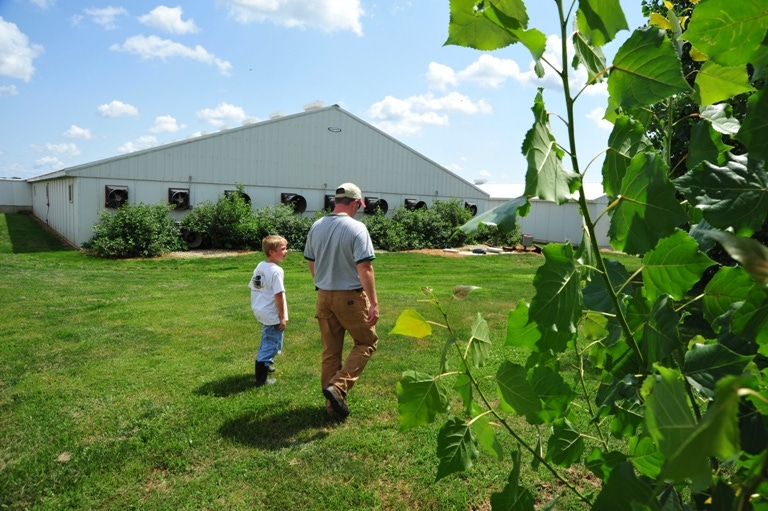May 2, 2012

The Department of Labor’s (DOL) decision to pull its proposed farm youth safety rule doesn’t mean farm families won’t have to provide training for young farm workers, says Ohio State University (OSU) Extension’s state safety leader.
The proposed rules would have banned children under the age of 16 from using most power-driven farm equipment without first taking a specific training course.
But even with the legislation withdrawn, Dee Jepsen says all of the publicity about DOL’s proposal has raised awareness of current regulations. That will most likely result in organizations such as OSU Extension experiencing more young people signing up for existing training.
“The people have spoken and they don’t want the new regulations, but that doesn’t mean we don’t have any youth safety regulations,” she points out. “Even though the Labor Department rescinded the stronger proposal, there is still legislation for 14- and 15-year-old students wanting to work outside their parents’ farms.
“We want to remind people of those rules and let them know that training is available. It’s just as important for farm managers and employers to be sure the students they hire under the age of 16 are trained.”
To prepare for the expected increase in students interested in the training courses, OSU Extension plans to expand its farm safety course offerings and will provide more courses starting this summer, Jepsen says. As it stands, teens under the age of 16 who want to work on farms other than their parents’ farms must complete a 24-hour training program and earn a certificate.
Ohio certifies nearly 300 students in local training courses each year, according to Jepsen.
Updated courses will soon be offered online, which will help teens in smaller communities where similar youth farm safety training courses aren’t offered.
The withdrawal of the Labor Department’s proposed rules actually increases the need and support for youth safety training, Jepsen says.
“We want to keep our young farm workers safe,” she says. “If public policy remains unchanged, then we need to rely upon education to teach the dangers of farm work.”
Remember that the previous legislation was enacted 40 years ago.
“So perhaps there was a need for an update,” Jepsen says. “Agricultural practices have changed, the technology has changed and there is new equipment, so we do need to update the training materials that students use.”
You May Also Like



